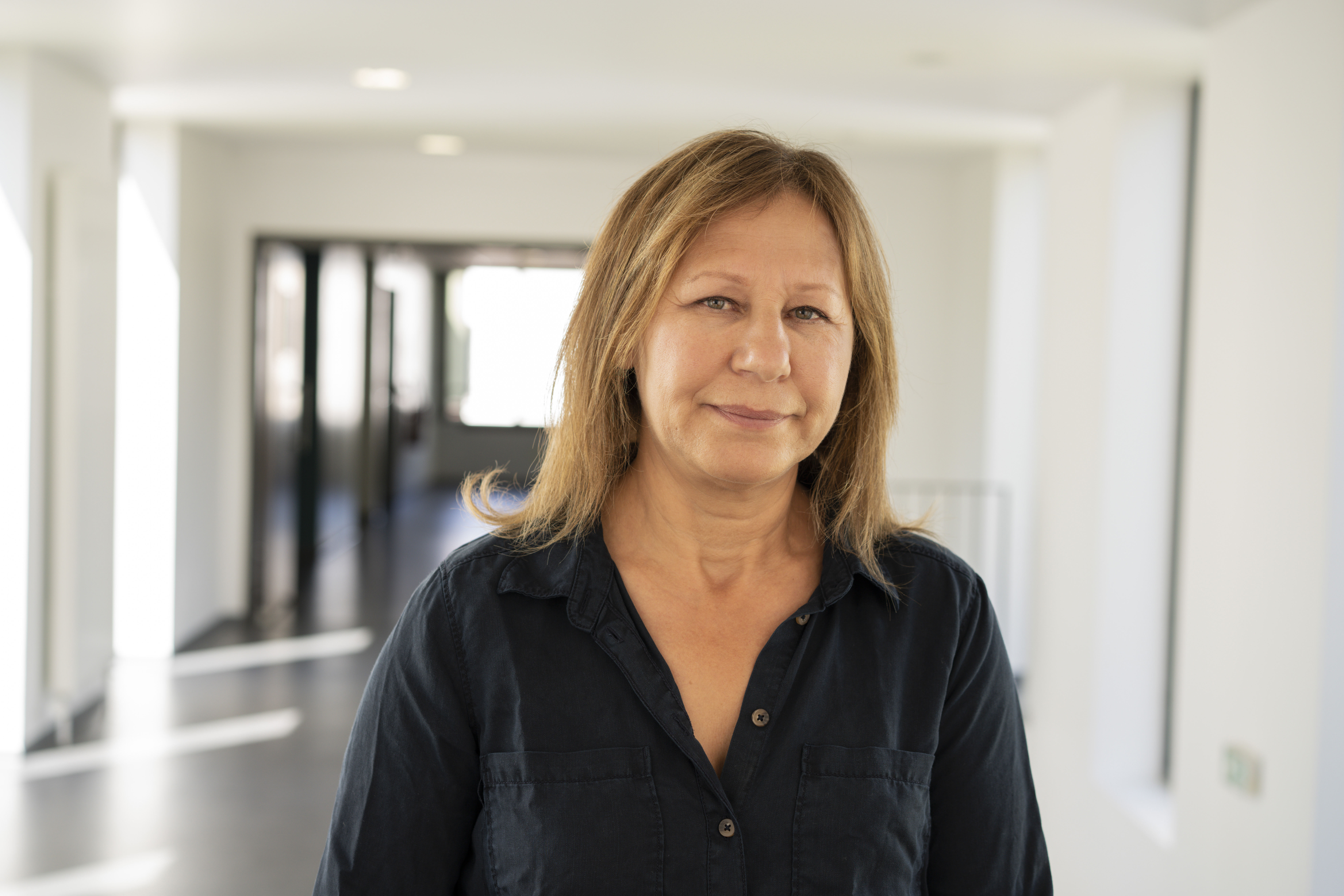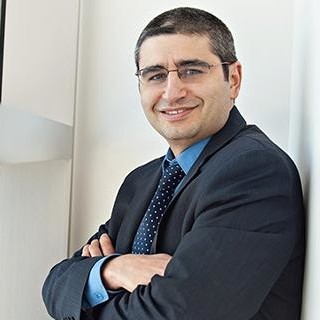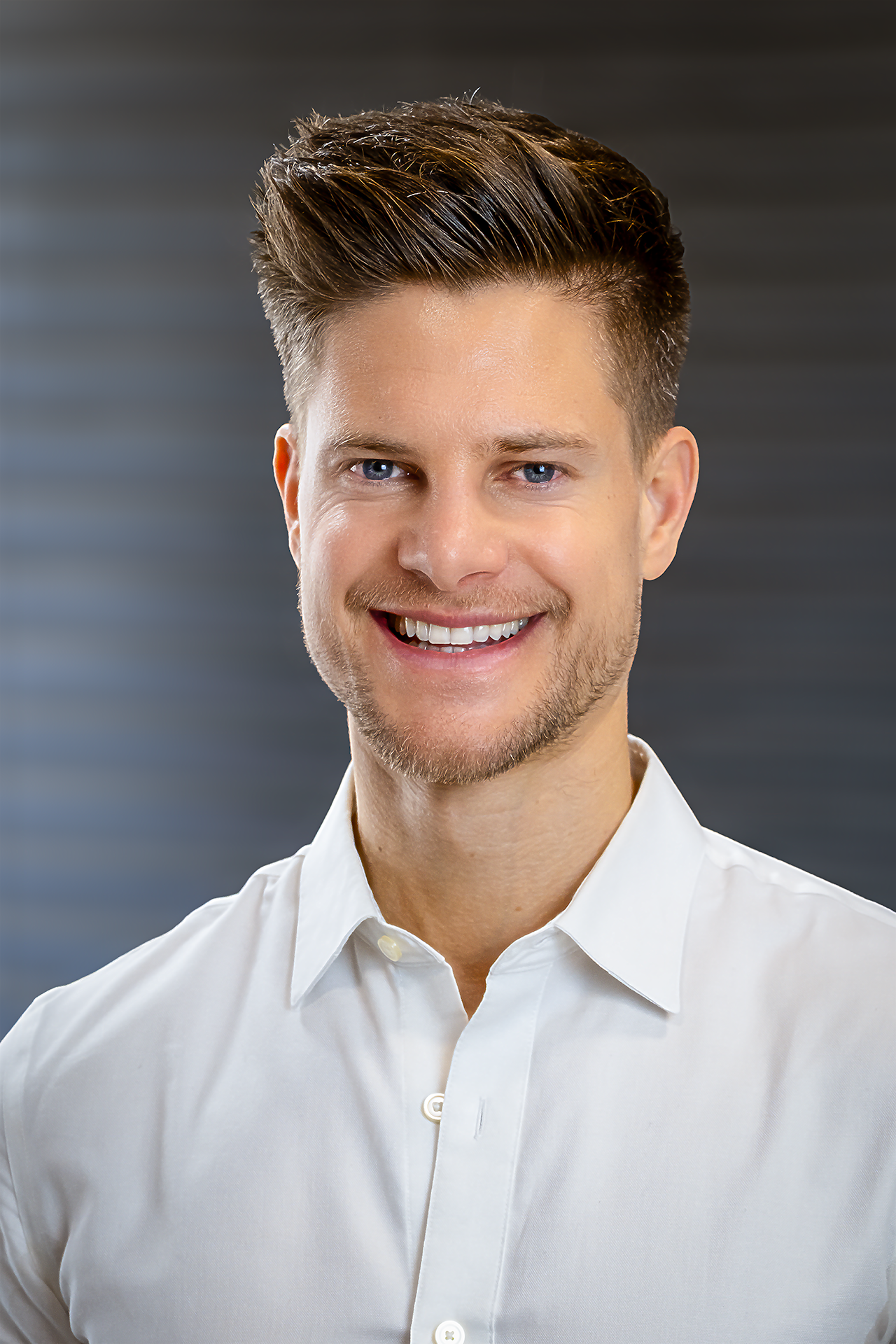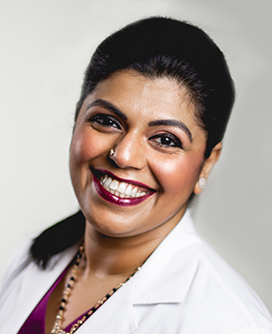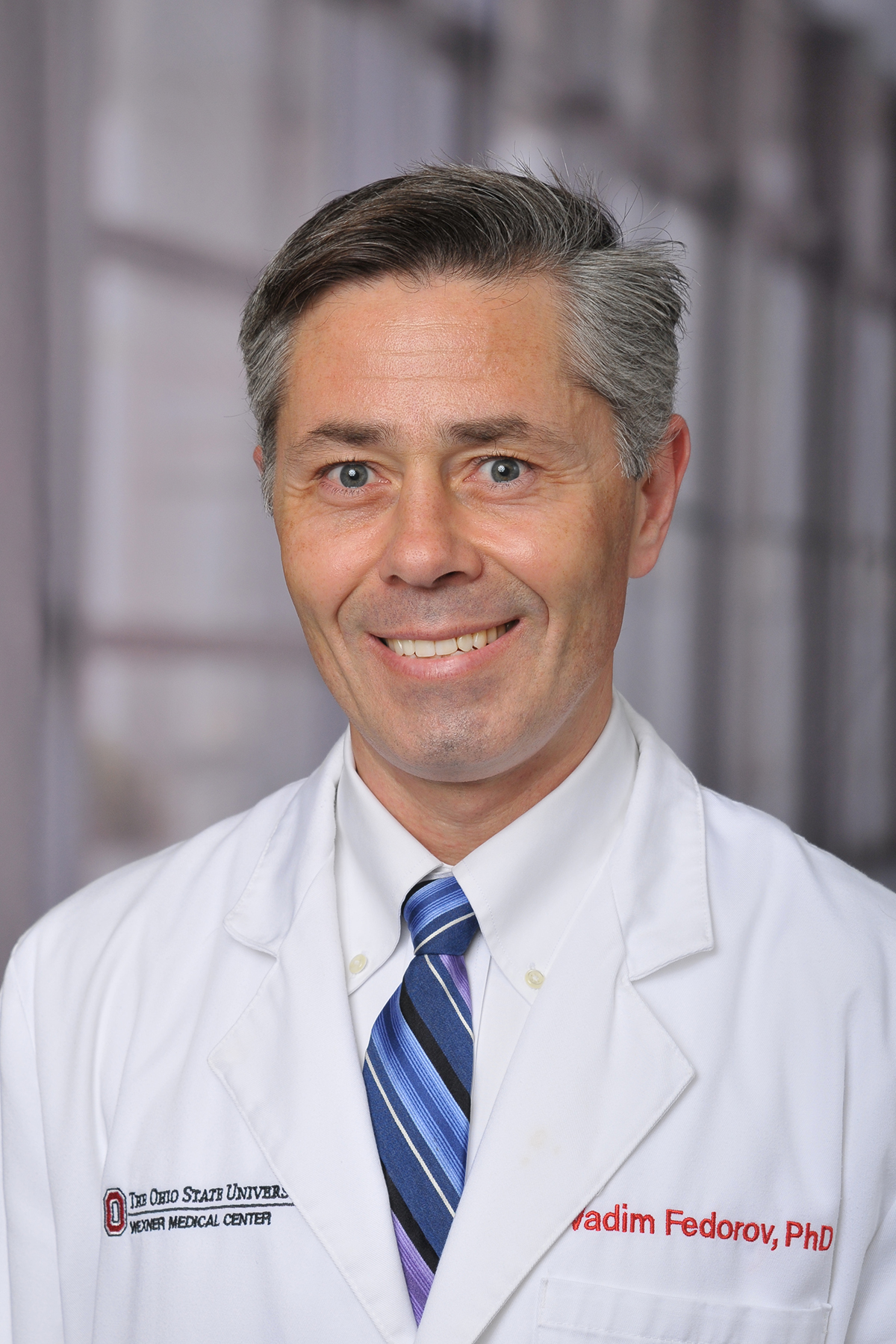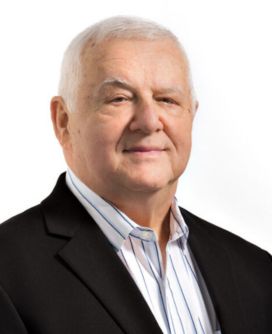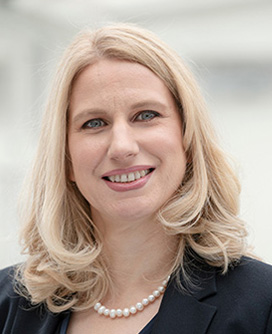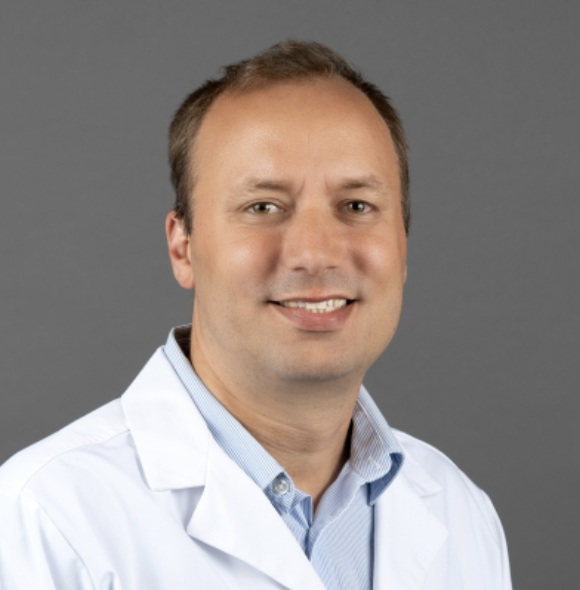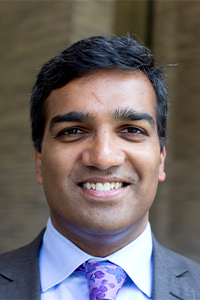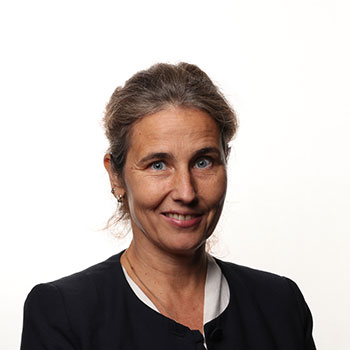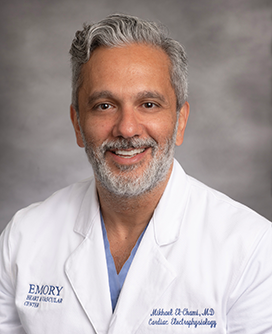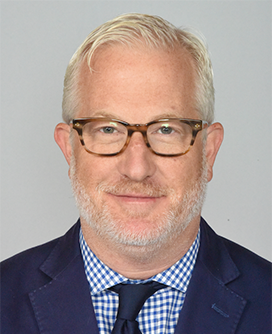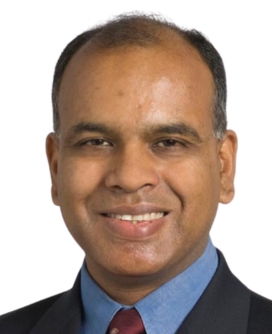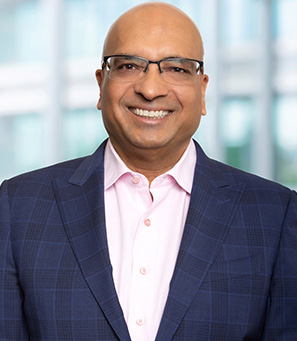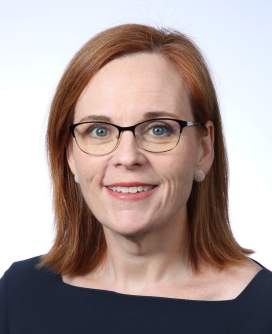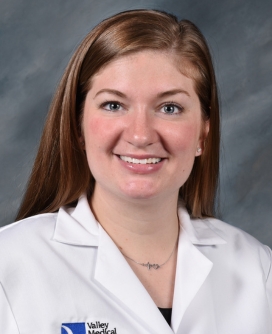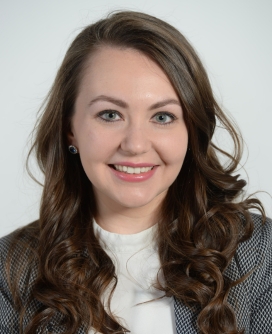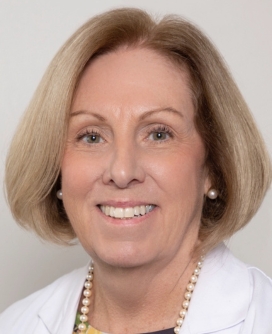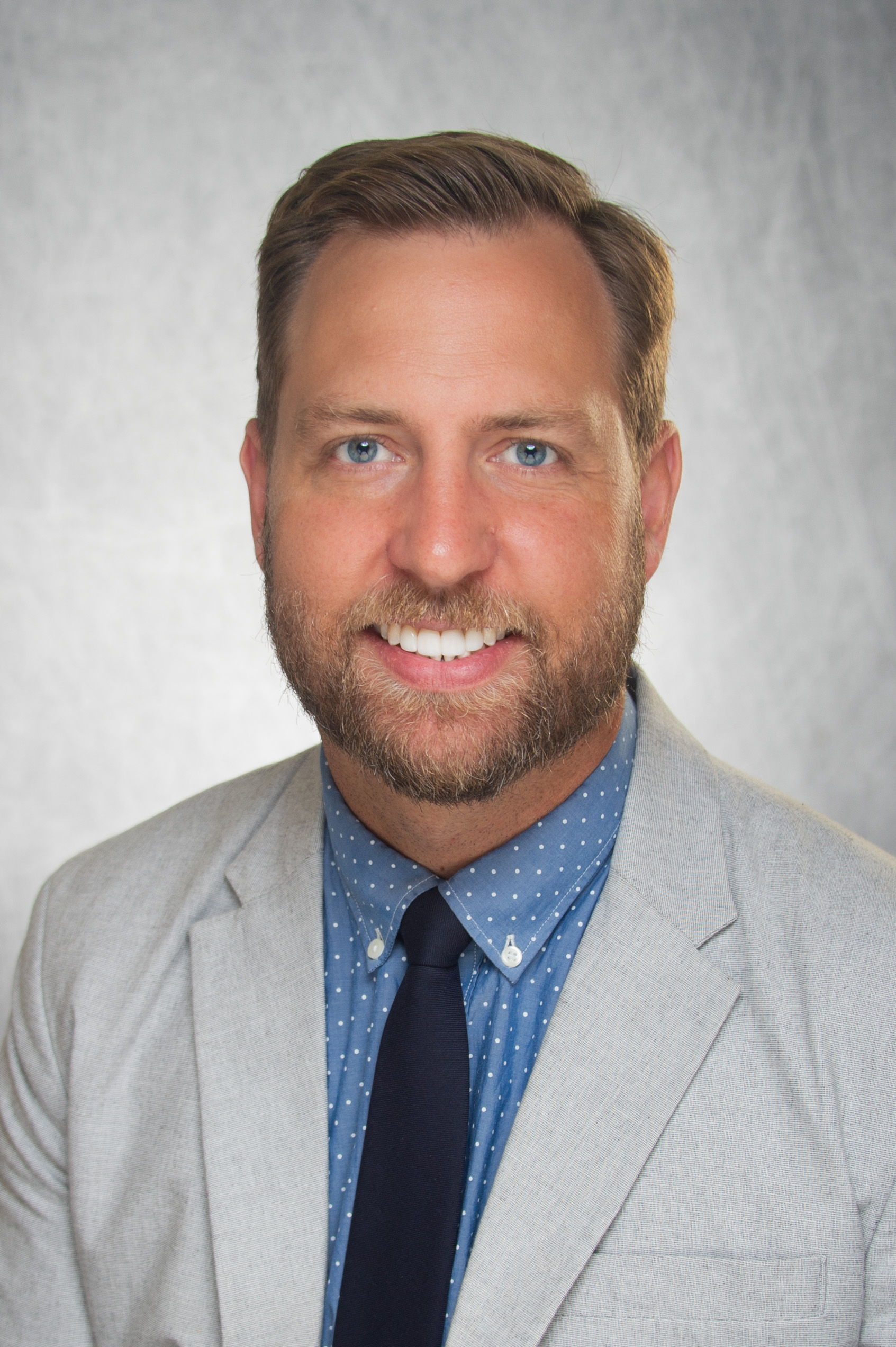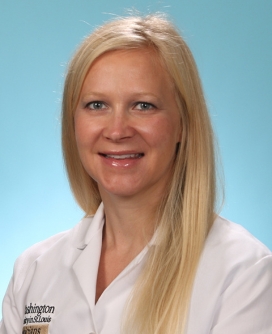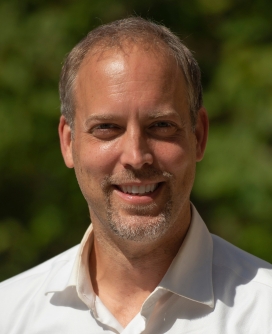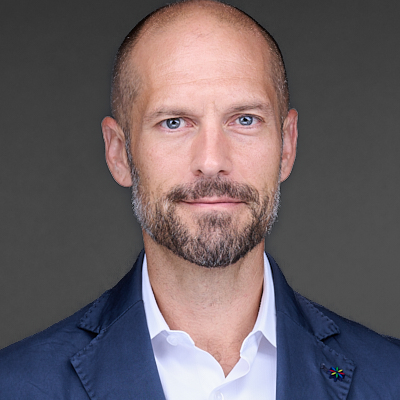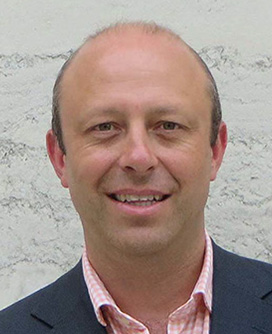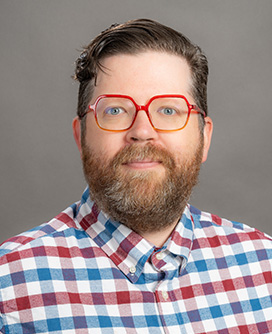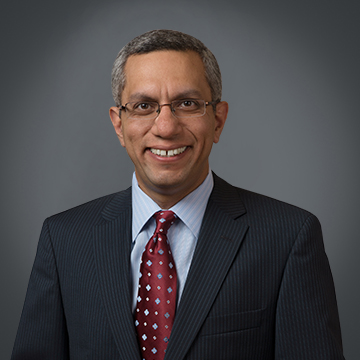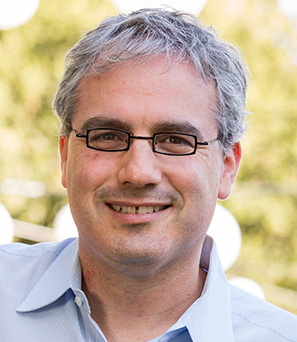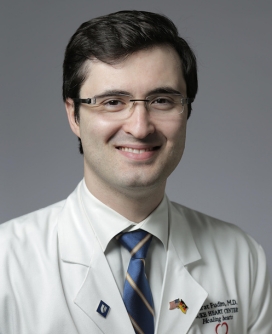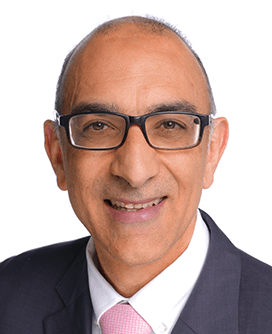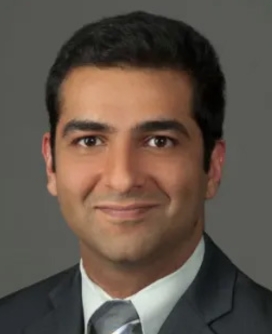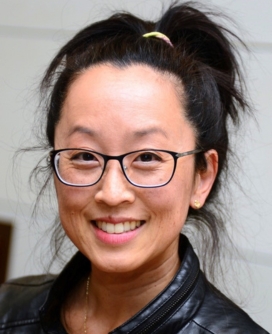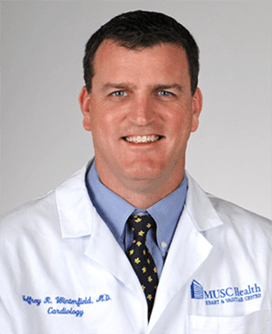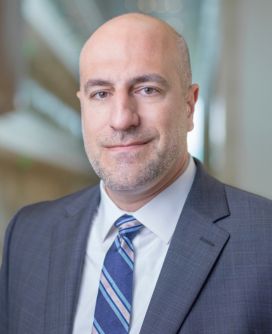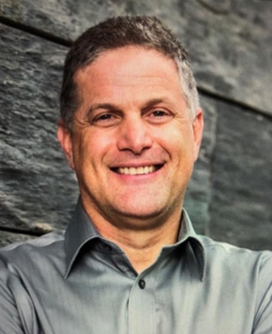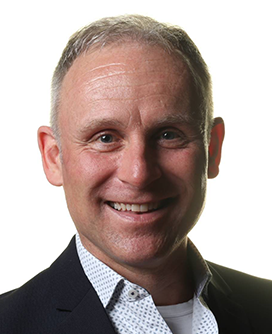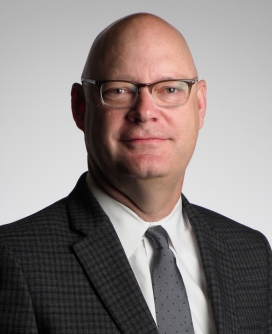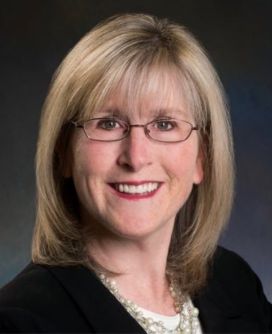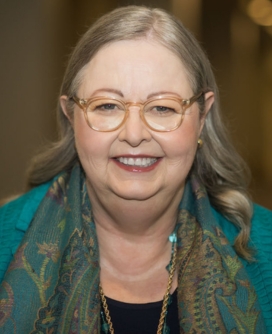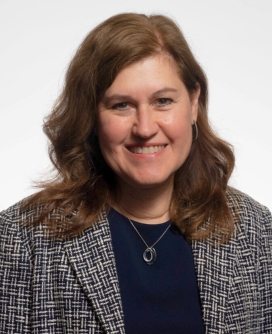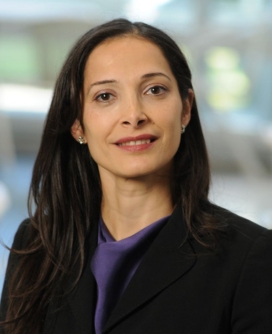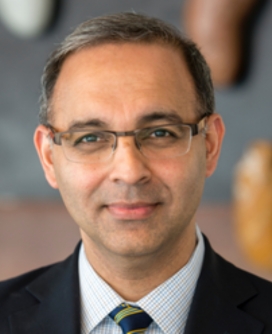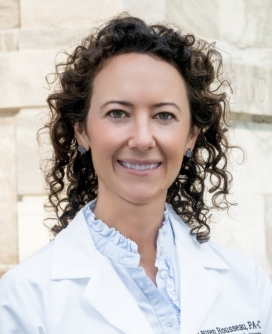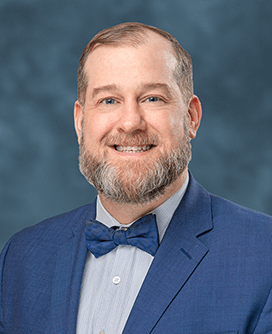Program-at-a-Glance
Program-at-a-Glance
Program-at-a-Glance
See What’s on Schedule at HRX 2024
Events
September 04, 2025

Innovation Summit Section l: Innovation in Cardiac Mapping
Innovation Summit Section l: Innovation in Cardiac Mapping
Jonathan Piccini | Shlomo Shpun | Sabine Ernst | Mélèze Hocini | Jerome Kalifa | Devi Nair | Philip Haeusser | Sanjiv Narayan | Vadim Federov
The Innovation Summit at HRX Live 2025 is a dynamic half-day program that spotlights transformative technologies, breakthrough treatments and groundbreaking advancements in cardiovascular medicine and electrophysiology. Co-chaired by Jon Piccini and Devi Nair, the summit features rapid-fire presentations that delve into cutting-edge ideas.

Innovation Summit Section ll: Innovation in Cardiac Ablation
Innovation Summit Section ll: Innovation in Cardiac Ablation
Devi Nair | Melanie Gunawardene | Sabine Ernst | H. Immo Lehmann | Vivek Y. Reddy | Andrea Sarkozy
The Innovation Summit at HRX Live 2025 is a dynamic half-day program that spotlights transformative technologies, breakthrough treatments and groundbreaking advancements in cardiovascular medicine and electrophysiology. Co-chaired by Jon Piccini and Devi Nair, the summit features rapid-fire presentations that delve into cutting-edge ideas.

Innovation Summit Section III: Pacing & Implanted Device Therapy
Innovation Summit Section III: Pacing & Implanted Device Therapy
Emily Zeitler | Mikhael El-Chami | Avi Fischer | Devi Nair | Venkatakrishna Tholakanahalli | Niraj Varma
The Innovation Summit at HRX Live 2025 is a dynamic half-day program that spotlights transformative technologies, breakthrough treatments and groundbreaking advancements in cardiovascular medicine and electrophysiology. Co-chaired by Jon Piccini and Devi Nair, the summit features rapid-fire presentations that delve into cutting-edge ideas.

AFib, AI, and the Future of Care: Revolution or Just Hype?
AFib, AI, and the Future of Care: Revolution or Just Hype?
Mintu Turakhia
This session explores how AI-driven innovations are transforming atrial fibrillation (AF) management, from prevention to long-term care. Experts will discuss AI-powered digital education, solutions for early intervention, and technology’s role in addressing key risk factors like obesity, sleep apnea, and exercise. Is AI the game-changer in achieving sustainable AF care, or just another trend? Join us to find out.

Remote Monitoring and Data Management: Challenges and Innovations
Remote Monitoring and Data Management: Challenges and Innovations
Aileen Ferrick | Jessica Mullenix | Carissa Pistilli | Yekaterina Spivak | Julie Thomas | Amy Tucker | Rebecca Yapejian
In this session, we will delve into the evolving landscape of remote monitoring, addressing the increasing challenges associated with managing vast amounts of data collected from wearables, implantables, and external monitoring devices. We will explore the complexities of integrating data across diverse platforms, with a particular focus on overcoming interoperability barriers.

Pediatric EP and Cardiac Tech: Lifesaver or Just the Start?
Pediatric EP and Cardiac Tech: Lifesaver or Just the Start?
Brynn Dechert-Crooks | Benjamin Hale | Jamie Harris | Lisa Roelle | Nicholas Von Bergen
From life-changing interventions to emotional uncertainties, how does cardiac technology shape the journey of children and young adults with arrhythmias? This session explores the evolving role of electrophysiology (EP) in pediatrics, the impact of cutting-edge devices, and the patient experience—balancing fear, hope, and the promise of innovation. Are we maximizing technology’s potential, or is is there more to uncover in improving outcomes and quality of life for young patients?

Novel Molecular and Genetic Therapies for Inherited Arrhythmia Syndrome and Arrhythmogenic Cardiomyopathies
Novel Molecular and Genetic Therapies for Inherited Arrhythmia Syndrome and Arrhythmogenic Cardiomyopathies
Dominic Abrams | Vassilios Bezzerides | Gabriel Brooks | Cain McClary
Inherited arrhythmia syndromes and cardiomyopathies pose a significant clinic challenge, with suboptimal treatment and a large unmet need. Over the last decade several new therapies have been developed which target the underlying genetic and molecular causes of these conditions, and many are progressing from pre-clinical research to clinical trials. These discoveries offer a potential paradigm shift in treatment strategies and quality of life for patients. This panel focused on novel genetic and molecular therapies for inherited arrhythmia syndromes and arrhythmogenic cardiomyopathies will bring together experts with a broad range of experience including venture capital, clinicians, translational scientists, and biotech. The session will address a wide range of topics from lab discovery to commercialization.

Personalized Care Through Digital Twins – Foundational or Fantasy?
Personalized Care Through Digital Twins – Foundational or Fantasy?
Natalia Trayanova | Patrick Boyle | Liat Tsoref
Digital twins offer the promise to develop, test, and validate potential personalized solutions for heart rhythm care that are unique to a given individual and their myocardial substrate. Early studies have been promising. However, there are significant challenges from several different areas including operational, computational, and efficacy. This session will engage in discussing whether digital twins will become a foundational core of EP care or remain a fantasy.


Clinical Workflow: Interoperability, Decision-Making, and Solutions – What’s the Missing Link?
Clinical Workflow: Interoperability, Decision-Making, and Solutions – What’s the Missing Link?
David Slotwiner
This session explores how AI integration, EMR advancements, and remote monitoring can enhance physician decision-making, streamline workflows, and improve patient care. Panelists will discuss the impact of AI on billing and physician hours, the role of device-driven insights in heart failure management, and how RNs and APPs contribute to effective communication and data management. Join us for an insightful discussion on leveraging technology to optimize clinical efficiency and patient outcomes.

AI at the Point of Care: Redesigning Documentation for Clinicians
AI at the Point of Care: Redesigning Documentation for Clinicians
Dhanunjaya R. Lakkireddy
From dictation software to full-blown natural language processing assistants, AI-based documentation tools promise to free clinicians from the tedium of charting. Physician burnout is on the rise—can AI-driven documentation help turn the tide? Strategies for successful change management, physician buy-in, and ongoing system optimization will be highlighted. How do we ensure data accuracy, privacy, and seamless integration into diverse electronic health records? Panelists will discuss the practical implementation of AI-assisted documentation and patient communication, while maintaining patient-centered care.

Evolution, Integration, and Disruption of Ultrasound Technologies in the EP Laboratory
Evolution, Integration, and Disruption of Ultrasound Technologies in the EP Laboratory
Amin Al-Ahmad
There is an unprecedented surge in innovation surrounding intracardiac ultrasound and its integration into electrophysiologic care. Future iterations of 4-D intracardiac ultrasound, next-generation integration into mapping systems, and the use of ultrasound for therapeutic purposes all have the potential to significantly change practice. This session will review these key innovations and how they may improve care in the EP laboratory.
September 05, 2025


Are Digital Innovations Accelerating Advances in Gene Therapy?
Are Digital Innovations Accelerating Advances in Gene Therapy?
With gene therapy advancing rapidly, how do digital innovations accelerate its impact on cardiovascular disease? This session explores the evolution of gene therapy trials, cutting-edge breakthroughs, and the role of AI, big data, and digital platforms in research, patient monitoring, and treatment optimization. Hear from experts and patient advocates as we examine whether technology is the key to making gene therapy more accessible, efficient, and transformative. Are we on the verge of a revolution, or just scratching the surface?

Innovations in Autonomic Therapies for Atrial Fibrillation
Innovations in Autonomic Therapies for Atrial Fibrillation
Jonathan Piccini | Malcolm Finlay | Marat Fudim | Stavros Stavrakis
The autonomic nervous system is known to play a critical role in the initiation and/or triggering of many arrhythmias, including atrial fibrillation. Autonomic therapies have moved well-beyond isolated ablation of cardiac ganglionated plexi. This session will review the innovations that have expanded autonomic therapies, including tragus stimulation, renal sympathetic denervation, and future innovations for additional interventions.

The Permanent Pacing of Tomorrow
The Permanent Pacing of Tomorrow
Mikhael El-Chami | Neal Bhatia | Janet K. Han
This session will detail the possibilities, potential technologies, and likely pathways for permanent pacing in the future. Specifically, this session will explore next generation pacing technologies, including but not limited to advances in leadless pacing, micro-devices, new epicardial pacing interventions, pacing for HFpE, and physiologic atrial pacing.

Imaging 2.0: Multi-Modal Insights for Complex EP Cases
Imaging 2.0: Multi-Modal Insights for Complex EP Cases
Jeffrey Winterfield
Innovations in imaging—ranging from real-time 3D/4D echo, advanced CT mapping to cardiac MRI—are reshaping electrophysiology. This session explores how novel visualization tools and AI-powered image processing can guide complex procedures while improving patient safety and outcomes.

Heart Rhythm Innovation Morbidity and Mortality Conference – Avoiding Fatal Pitfalls
Heart Rhythm Innovation Morbidity and Mortality Conference – Avoiding Fatal Pitfalls
Avi Fischer | Daniel Cantillon | Malcolm Finlay | Jennifer N. Avari Silva
Not all innovation is successful. Many potential innovations fail in the pre-clinical or early testing phases – often for common reasons. This session will discuss the potential pitfalls in device development and how innovators can navigate these challenges with greater confidence by avoiding mistakes and missteps. The panel will discuss their “dream” innovations that didn’t come to fruition – and what they learned.

Early Feasibility Studies and EP Innovation
Early Feasibility Studies and EP Innovation
Paul Wang | J. Peter Weiss
EP Collaboratory to share efforts between industry and early stage companies to promote EFS within the US to increase patient access to new technologies and to support device innovation.

Innovations in Antiarrhythmic Drug Therapy: Oxymoron or a Turning Point in the Field
Innovations in Antiarrhythmic Drug Therapy: Oxymoron or a Turning Point in the Field
Steven Lubitz
Catheter ablation has become the dominant form of therapeutic intervention for cardiac arrhythmias. However, preclinical development of new antiarrhythmic drugs is very robust. These new molecular entities are not limited to antagonism of membrane active ion channels, but target additional mechanisms of arrhythmogenesis. These drugs, their targets, and their potential ability to improve and disrupt current care paradigms will be reviewed in this session.

Development of Autonomous Mapping Systems
Development of Autonomous Mapping Systems
Sanjiv Narayan | Sabine Ernst | Shlomo Shpun | Jennifer N. Avari Silva
Self-driving cars, remote control of drones, and self-navigating planes are all current realities. However, mapping and ablation of cardiac arrhythmias is a completely human and labor-intensive endeavor, despite many advances over the years. This session will discuss the key barriers and potential solutions that may enable remote control of mapping and ablation as well as semi-autonomous systems for mapping and ablation.

Regulatory Science in a Changing Landscape for Device Trials
Regulatory Science in a Changing Landscape for Device Trials
This session will highlight the challenges, current best practices, and how innovation will impact regulatory science, with a focus on first-in-human device trials. The session will highlight shared and unique challenges in different regions of the world, including Asia, Europe, and North America. Attendees will be armed with a better understanding of the key barriers and facilitators for successful first-in-human trials.


Pulsed Field Ablation: The End of the Beginning
Pulsed Field Ablation: The End of the Beginning
Vivek Y. Reddy | Thomas Deneke
By the time of HRX 2025, pulsed field ablation will have been clinically available in the US for more than a year and a half. While first-gen systems have brought notable changes to EP, these first-generation systems only represent the very beginning of PFA. This session will focus on discussion of the key developments and advances for next generation PFA technologies, including advances in pulse sequences, catheter design, integration with electroanatomic mapping, and patient- and anatomic-specific custom lesion formation.

AI for the Failing Heart: From Early Detection to Remote Monitoring and Predictive Analytics
AI for the Failing Heart: From Early Detection to Remote Monitoring and Predictive Analytics
Marat Fudim
As healthcare shifts toward proactive interventions, AI holds the promise of detecting heart failure before overt symptoms appear. In this session, experts will discuss how machine learning and big-data analytics can arm clinicians with real-time insights to intervene at the earliest sign of HF decompensation. Attendees will gain an understanding of predictive models, novel monitoring tools, and the challenges involved in implementing such technologies on a broad scale.


Cutting-Edge Ablation Techniques That Challenge Traditional Methods And Improve Patient Outcomes
Cutting-Edge Ablation Techniques That Challenge Traditional Methods And Improve Patient Outcomes
Jennifer N. Avari Silva
What’s next in the evolution of cardiac ablation technology? This session explores whether ease of use will translate into superior outcomes, the potential of novel energy sources, and the role of robotics, AR, and VR in procedural automation. Experts will also discuss the promise of computational modeling in personalizing ablation strategies—are we truly on the brink of precision ablation, or is clinical translation still a work in progress?

Innovative Educational Strategies for Patients and Professionals
Innovative Educational Strategies for Patients and Professionals
Jill Schaeffer | Jamie Harris | Jeroen Hendriks | Samuel F. Sears | Julie Shea | Mellanie True Hills
This session will explore cutting-edge approaches to patient education, focusing on the integration of digital tools and interactive platforms. Participants will gain insights into the latest best practices for educating patients and healthcare professionals, enhancing engagement, understanding, and overall patient outcomes.
September 06, 2025

Novel Technologies are Here! Let’s Discuss Application
Novel Technologies are Here! Let’s Discuss Application
Sana Al-Khatib
Innovation in cardiology remains a central driving force to better patient care. This session explores how emerging technologies provide both opportunities and challenges to execute.

Wearables and the Future
Wearables and the Future
Jagmeet Singh
The advent of multiple sensors in wearables begins to provide clinicians with a treasure trove of data of unknown impact and usefulness. This session will examine tech and the patient experience of employing it.


AI and Machine Learning in Electrophysiology: From Research to Implementation
AI and Machine Learning in Electrophysiology: From Research to Implementation
James O’Hara | Janet K. Han | Lisa Roelle | Heather Ross | Lauren Rousseau
We will discuss key issues surrounding interoperability and integration, exploring innovative solutions for seamless data flow across multiple monitoring systems. Additionally, we will evaluate the role of AI to support clinical decision-making, enhancing both patient outcomes and operational efficiency. Join us to explore the future of remote monitoring and data management, and how innovations in this field are shaping the future of healthcare

Contact Us
Got a question? Contact us at HRX@HRSonline.org.
